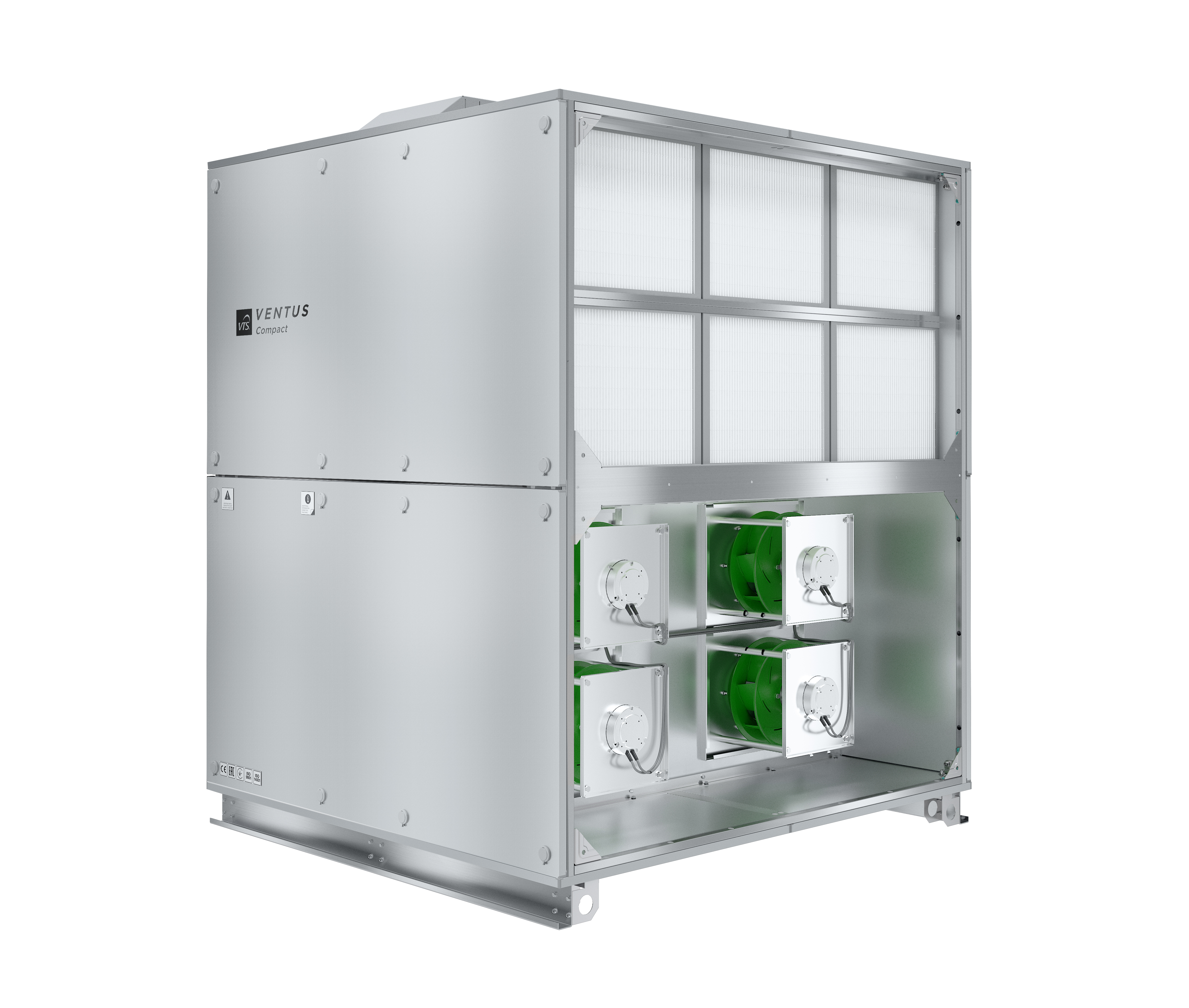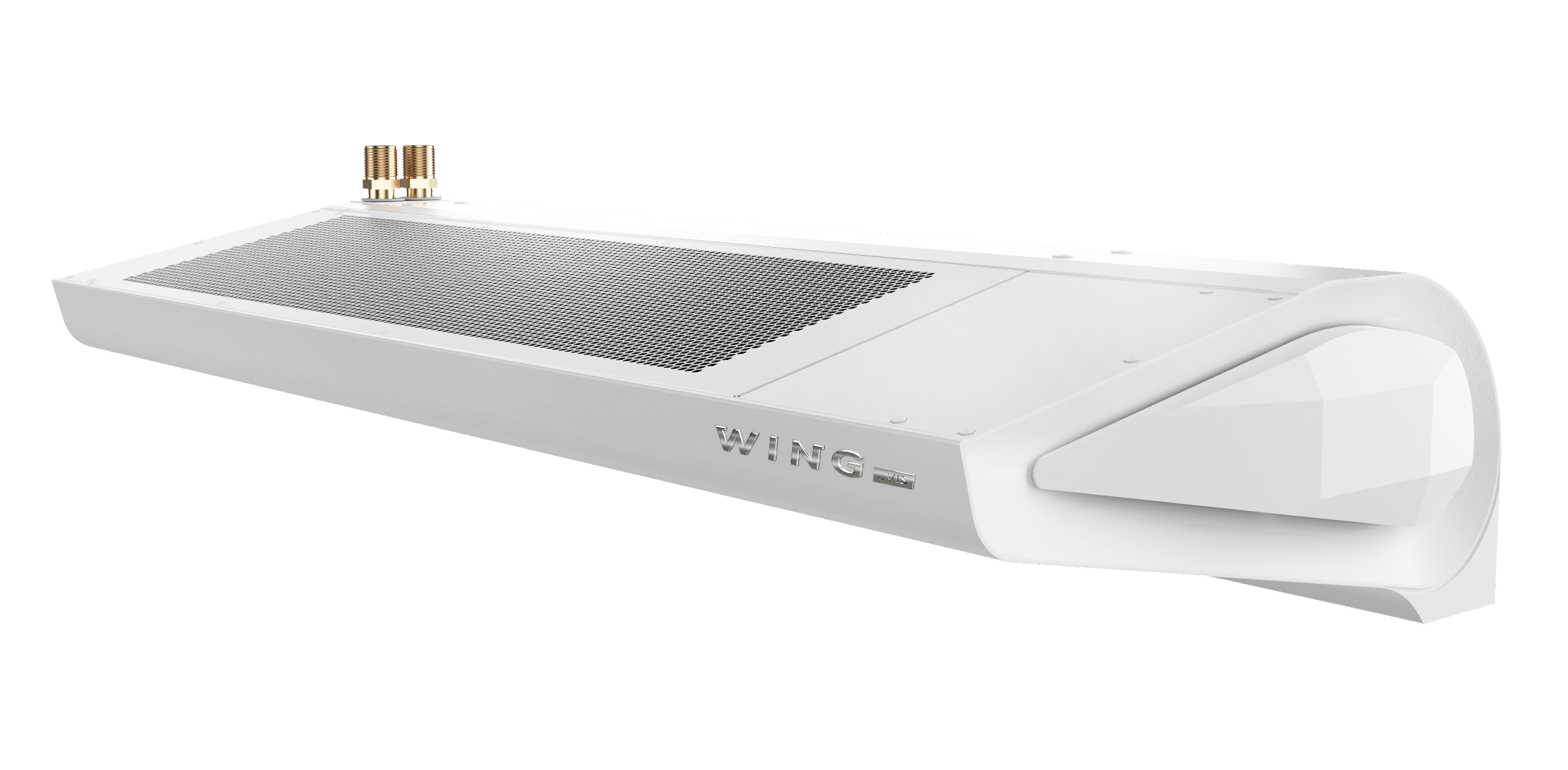What is HVAC and what does it mean?
The abbreviation HVAC often appears in publications
about air conditioning or ventilation, for example. For people who do not have
much to do with the subject, it is an unfamiliar and meaningless term. However,
as this specific field is becoming increasingly popular, it is worth
familiarising yourself with its scope and terminology. What is HVAC and when do
you hear the term?
What does HVAC mean?
Despite its enigmatic sound, HVAC is not something completely new. On the contrary, it is a technology that has been around for many years, although it was never used as an industry abbreviation. HVAC is an acronym made up of the words heating, ventilation and air conditioning.
Technically, HVAC is one of the five areas of plumbing, which in turn is one of the five areas of construction. Specifically, it covers the installations that provide a sense of thermal comfort indoors. Complementary areas include plumbing, fire protection, gas and process systems.
An HVAC unit – what is it?
Since HVAC stands for the field of engineering that deals with heating, ventilation and air conditioning, HVAC units will be the equipment required to install such systems. In industry terminology, this term is used to refer to air handling units, heat pumps, air curtains, heating units, air conditioners, boilers, heat exchangers and many other such items. What they all have in common is the use of safe, environmentally friendly and energy efficient materials in their construction and operation.
If there are so many similarities between traditional central heating and ventilation systems that have been installed for centuries, why is such a distinction made today? Well, not every heating or ventilation system has an HVAC unit. What is this unit and how does the HVAC system differ from the systems used in the past? This specific difference is made up of two words: ecology and energy efficiency.



How is HVAC different from traditional systems?
For many it may seem that the introduction of the new terminology is merely a step towards international markets and cooperation with other countries. However, the reality is that the technologies covered by this acronym are different from those of years ago. This is because the energy industry is one of the most energy-intensive and environmentally damaging. HVAC systems are designed and built to minimise this impact. One way of doing this is by using renewable energy sources.
HVAC units fit perfectly into modern, energy-efficient buildings that use zero-carbon renewable energy. At the same time, they are efficient, cheap to run and durable, so they can last for many years. What is considered an HVAC unit? A recuperator and air-handling unit integrated with a heat pump are excellent examples. Not only do they protect the building from losing valuable energy and heat, but they are also economical to run and efficient.
How long do HVAC units last?
The service life of HVAC units depends mainly on its design, the way it is installed and the operating medium chosen. Air conditioners can last up to 15 years. For outdoor units in split air conditioners, it is important to position them on the shaded side of the building. Regular maintenance is also important. Ventilation systems with heat recovery can also operate for a very long time. The average life of a recuperator is around 10-15 years. Manufacturers offer different warranties for HVAC equipment, ranging from a few years to around 10 years.
HVAC systems: the technology of the future.
HVAC systems are finely tuned installations that have been compared to a well-functioning human respiratory system. Designed with the architecture of the building and the needs of its occupants in mind, they provide maximum indoor comfort with minimum energy consumption and zero emissions. As a result, they meet the need to reduce greenhouse gas emissions and create buildings with minimal energy requirements. This is not only true for residential buildings.
HVAC units are ideal for heating or ventilation systems in industrial halls, sports halls, greenhouses, livestock buildings, office buildings and many other places. They make it possible to limit the loss of valuable heat and reduce energy requirements by using appropriate installation strategies such as water heaters instead of traditional radiators, air curtains or destratification units. All these elements are designed to work together and complement each other to achieve the best possible energy saving results.
 English
English Polski
Polski Germany
Germany LATAM
LATAM Bulgaria
Bulgaria Estonia
Estonia France
France Hungary
Hungary India
India Italy
Italy Kazakhstan
Kazakhstan Romania
Romania Czech Republic
Czech Republic Ukraine
Ukraine United Arab Emirates
United Arab Emirates Latvia
Latvia Lithuania
Lithuania United States of America
United States of America
 Turkey
Turkey